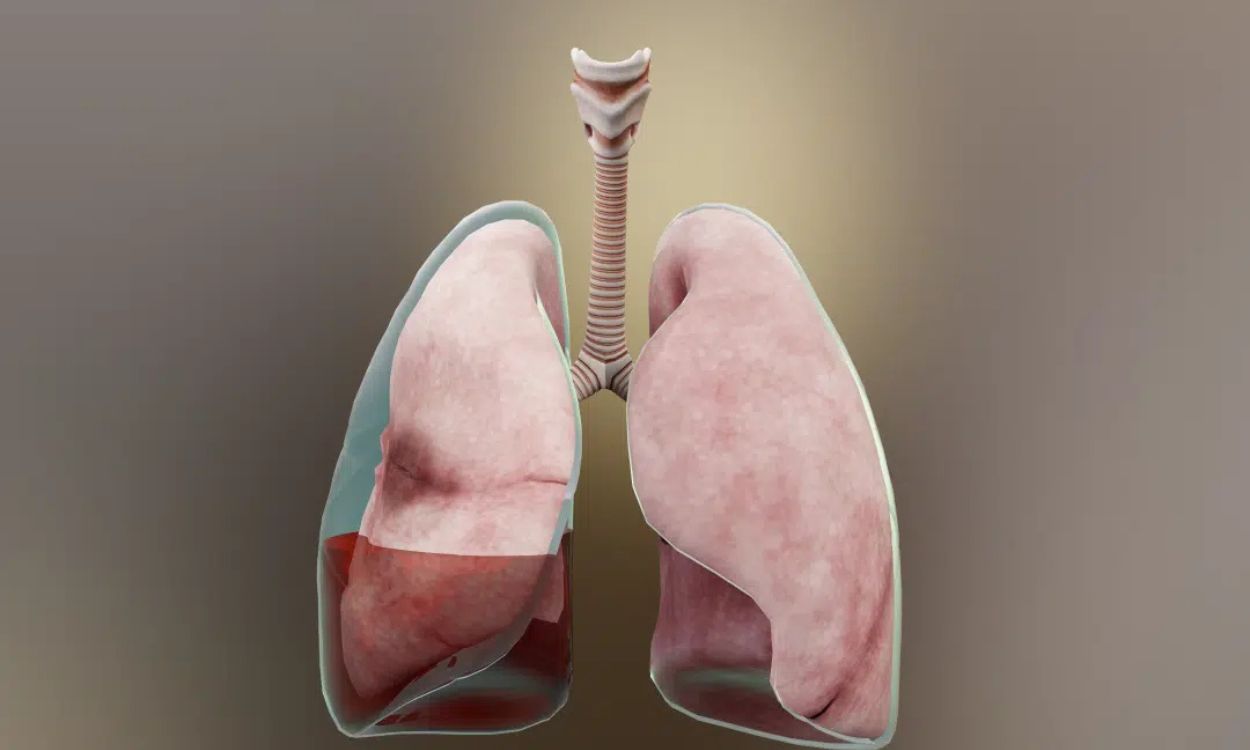Understanding Pleural Effusion: What You Need to Know
Pleural effusion, a condition often cloaked in medical jargon, refers to the abnormal accumulation of fluid in the pleural space, the thin gap between the lungs and the chest wall. This fluid buildup can lead to discomfort and breathing difficulties, which makes understanding its causes, symptoms, and treatment options crucial, especially in a diverse country like India where healthcare awareness is rapidly evolving.
What Causes Pleural Effusion?
Pleural effusion can have numerous underlying causes, often reflecting broader health issues:
1. Heart Failure: This is one of the most common causes. When the heart doesn’t pump blood efficiently, fluid can back up into the lungs.
2. Pneumonia: Lung infections can lead to inflammation, causing fluid to seep into the pleural space.
3. Cancer: Particularly lung cancer or metastasis from other cancers to the lungs can cause effusions.
4. Pulmonary Embolism: A blood clot in the lung can lead to inflammation and fluid accumulation.
5. Kidney and Liver Diseases: Conditions that cause fluid retention in the body can also result in pleural effusion.
6. Tuberculosis: In regions like India where TB is prevalent, it’s a significant cause of pleural effusion.
Symptoms to Watch Out For
The symptoms can be subtle at first, but as the fluid accumulates, they tend to worsen:
– Shortness of Breath: The most common symptom, resulting from pressure on the lungs.
– Chest Pain: Often sharp and exacerbated by deep breaths.
– Fever: Especially if the effusion is due to infection.
– Cough: A persistent cough may develop.
Diagnosis and Treatment
Medical practitioners use several diagnostic tools, such as chest X-rays, ultrasounds, or CT scans, to confirm pleural effusion. Sometimes, a procedure called thoracentesis is performed, where fluid is aspirated and analyzed to determine the cause.
Treatment focuses on addressing the underlying disease. For instance, antibiotics are prescribed for infections, diuretics for heart failure, and chemotherapy for cancer-induced effusions. In severe cases, surgery may be necessary to drain the fluid permanently.
Embrace Your Health Journey with Fitpaa
Understanding pleural effusion is just one step in maintaining a healthier lifestyle. At Fitpaa, we believe in the power of technology and expert guidance to transform your health journey. Our AI-driven metabolism monitoring and management technology provides a personalized approach to achieving your health goals, from weight loss to disease management.
With Fitpaa, you gain access to a dedicated team of fitness planners, nutritionists, and doctors who collaborate to create a Fitpaa Capsule tailored to your body’s unique needs. By integrating medical therapy, exercise, nutrition, and cognitive behavioral therapy, Fitpaa ensures you reach your health milestones with a 100% guarantee.
The Fitpaa mobile app makes this journey seamless with features like a virtual workout trainer, diet tracker, and real-time guidance technology to keep you motivated and on track. Whether your goal is to improve lung health, enhance cardiovascular fitness, or simply maintain a healthy lifestyle, Fitpaa is your committed partner.
Join the Fitpaa family today and experience the joy of achieving your health and fitness goals. Our mission is your well-being, and with our 7-day risk-free trial, you have nothing to lose. Transform your life with Fitpaa and become the healthiest version of yourself. Download the Fitpaa app now and take the first step towards a healthier you!
This comprehensive approach not only educates readers about pleural effusion but also seamlessly introduces them to the holistic health solutions offered by Fitpaa, encouraging engagement and app downloads.









